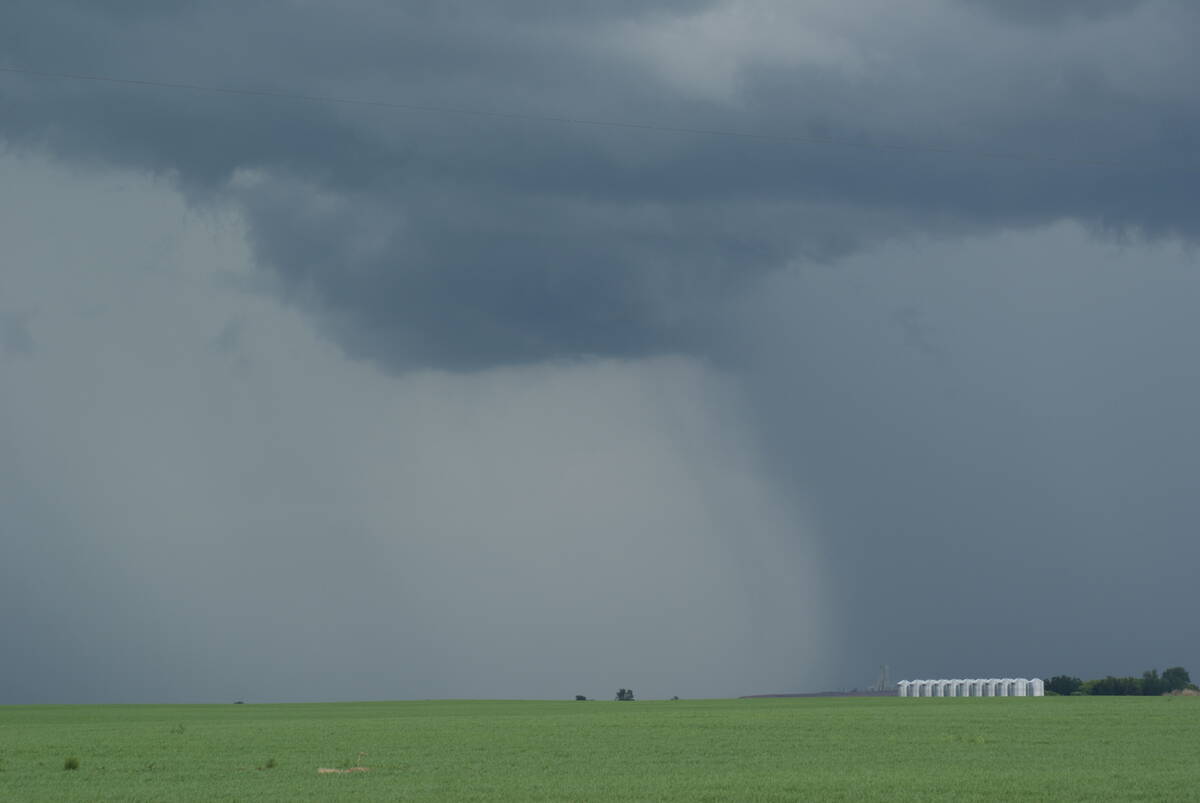The time is coming when it won’t be enough for Canadian farmers and ranchers to explain their attention to animal welfare in terms of ensuring productivity.
“Of course livestock are treated well,” they say. “Our livelihood depends upon it. Healthy animals are in our best interests. Trust us to do the right thing.”
However true that is, consumers are now driving the animal welfare agenda and they have expectations beyond those of many livestock producers. They are less inclined to trust and more inclined to seek proof that animals are treated humanely and well.
Read Also

Canadian farmers need new tools to support on-farm innovation
Farmers need a risk management buffer that actually works and investment that drives advancements forward if Canada is to build resilience.
To gauge the level of consumer influence and its concern about animal well being, one has only to look at fast food chain promotion of cage-free eggs and pork raised in barns without gestation stalls. The fast food giants, who are massive buyers of meat, have taken these initiatives for two reasons: to attract and retain customers.
Want to look further? Consider that more than 350 universities, colleges and schools in North America, 15 of them in Canada, will buy eggs for their food services only from suppliers of non-caged chickens. Students in years to come will thus absorb an animal welfare message along with their daily eggs.
Millions more people question livestock industry practices with every release of covert video showing animal abuse in slaughter plants. But their concerns don’t end there.
Hans Coetzee, an animal health professor at Kansas State University, says there may come a time when livestock producers will have to prove they are using humane methods in cattle production, such as use of anesthetics before dehorning and castration.
Ed Pajor, animal welfare professor at the University of Calgary veterinary school, says the livestock industry has undergone a fundamental economic change in recent years, from a push to a pull economy.
Rather than accepting meat choices as presented, consumers are demanding product from animals raised in specific ways and offered at an economical price. If a grocery chain with massive buying power embraces those desires, it sends ripples throughout the system.
The issue is also political. Pajor envisions a future in which animal welfare issues are on the table in world trade talks. How much better it would be for producers and the livestock industry to implement realistic production practices that meet consumer desires, before such measures are foisted upon them.
Work is already underway.
Revisions to the code of practice for beef cattle are an intelligent and timely response to public concerns about animal welfare and the new “pull” economy. The code is a national guideline that was created in 1991.
Revisions are scheduled for completion in 2013. The committee in charge includes producers, veterinarians, shippers, processors, animal welfare organizations, retail and food service groups, scientists and academics.
On the priority list, fortunately, are animal welfare issues that go straight to the heart of many consumer criticisms about livestock production:
• painful procedures such as branding, castration and dehorning;
• feedlot health issues including respiratory disease, lameness and nutritional diseases;
• environmental and housing conditions, such as adequate shelter and the effect of mud on health;
• weaning strategies.
The general public wants animals to be free of pain, healthy and even happy, if the latter can be measured.
Livestock producers aren’t necessarily accustomed to thinking about animal production in those ways but they may soon be asked to do so. Thinking about how to meet these expectations would be time well spent.
Bruce Dyck, Terry Fries, Barb Glen, D’Arce McMillan and Joanne Paulson collaborate in the writing of Western Producer editorials.














